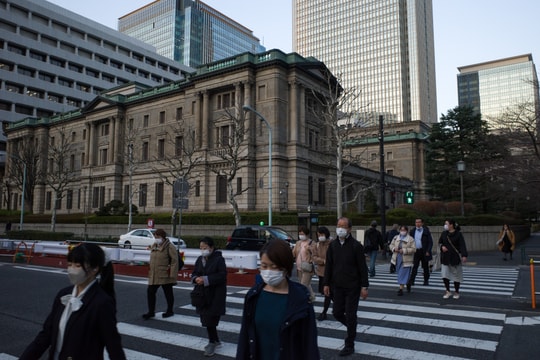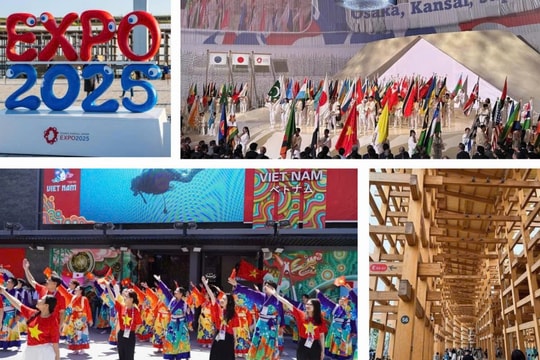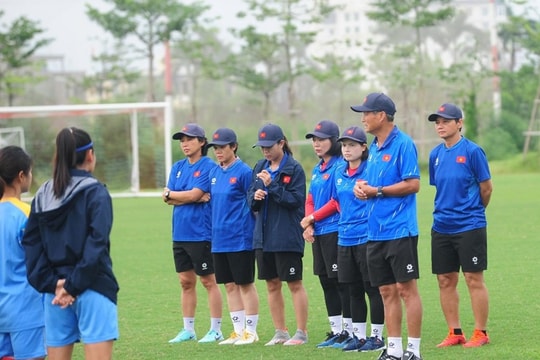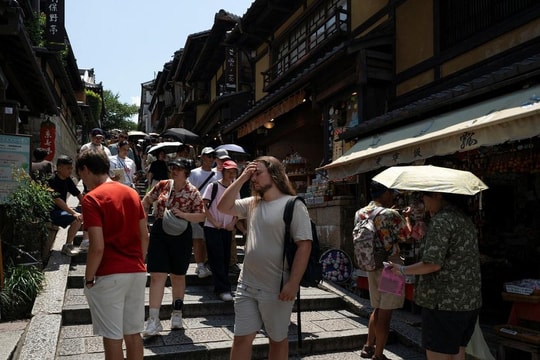Why does Japan value people who fall asleep easily?
In Japan, sleeping in bed is considered lazy, but falling asleep in the street or at the market is sometimes praised.
 |
| Japanese sleeping habits are something very interesting and different. |
The Japanese sleeping habits are something very interesting and different in terms of culture and society. That is mentioned in the article “The Japanese Art of Not Sleeping” published in the CAM magazine of Cambridge University, USA. The author of the article is Dr. Brigitte Steger, senior lecturer in modern Japanese studies, Cambridge University. Below is the translated article.
The first time I noticed the Japanese habit of dozing in public was in the late 1980s, when I first came to this country. Daily life here is very busy. Everyone has a tight schedule with work and appointments and hardly any time to sleep.
Many people have complained: "We Japanese are crazy for working so much!" But there is a hidden pride in our diligence and superior ethics. However, at the same time, I observed countless people falling asleep on the subway. Some even slept standing up, and no one was surprised to see these things.
 |
| Countless people fall asleep in public places and it comes as no surprise to witness this. |
I find this quite contradictory. The hard-working bees are willing to sleep less at night but frown on sleep deprivation in the morning and receive tolerance and sympathy from everyone. This action is called “inemuri”, which means “taking a nap in public places such as transportation, offices, classrooms”.
If sleeping in bed is considered lazy, then why is sleeping in class or at work praised? Why do they allow children to stay up late studying at night and fall asleep in class during the day?
Young students are considered “virtuous” if they are willing to cut out sleep to study, even though in reality this is ineffective because it will make them fall asleep the next day.
 |
| Falling asleep in class or at work shows Japanese dedication and diligence. |
Another interesting issue is co-sleeping. In Japan, parents and doctors claim that co-sleeping with children helps them feel secure and develop into independent, socially competent adults. Perhaps this cultural norm makes it easier for Japanese people to fall asleep in the presence of others, even as adults. Many Japanese say they find it easier to sleep in company than alone.
 |
| Many Japanese people say that they find it easier to sleep in company than to sleep alone. |
After years of researching this issue, I finally realized that inemuri is not actually considered sleep. It is not the same as sleeping at night in bed, nor is it a nap or a nap.
Inemuri can be thought of as sleepwalking. Although the person performing inemuri is “unaware,” they can immediately return to normal activity if necessary.
Inemuri can be seen as a sign of someone who works hard but still has the strength and morals to control themselves in Japan.
 |
| Inemuri is a sign of hard work in Japan. |
So the Japanese habit of inemuri is not a sign of laziness. Instead, it is a feature of Japanese social life that allows Japanese people to temporarily “disappear” for a short period of time, then continue with their daily tasks. So it is clear that Japanese people do not sleep, they just inemuri, which is a commendable thing in Japan.
According to Danviet
| RELATED NEWS |
|---|








